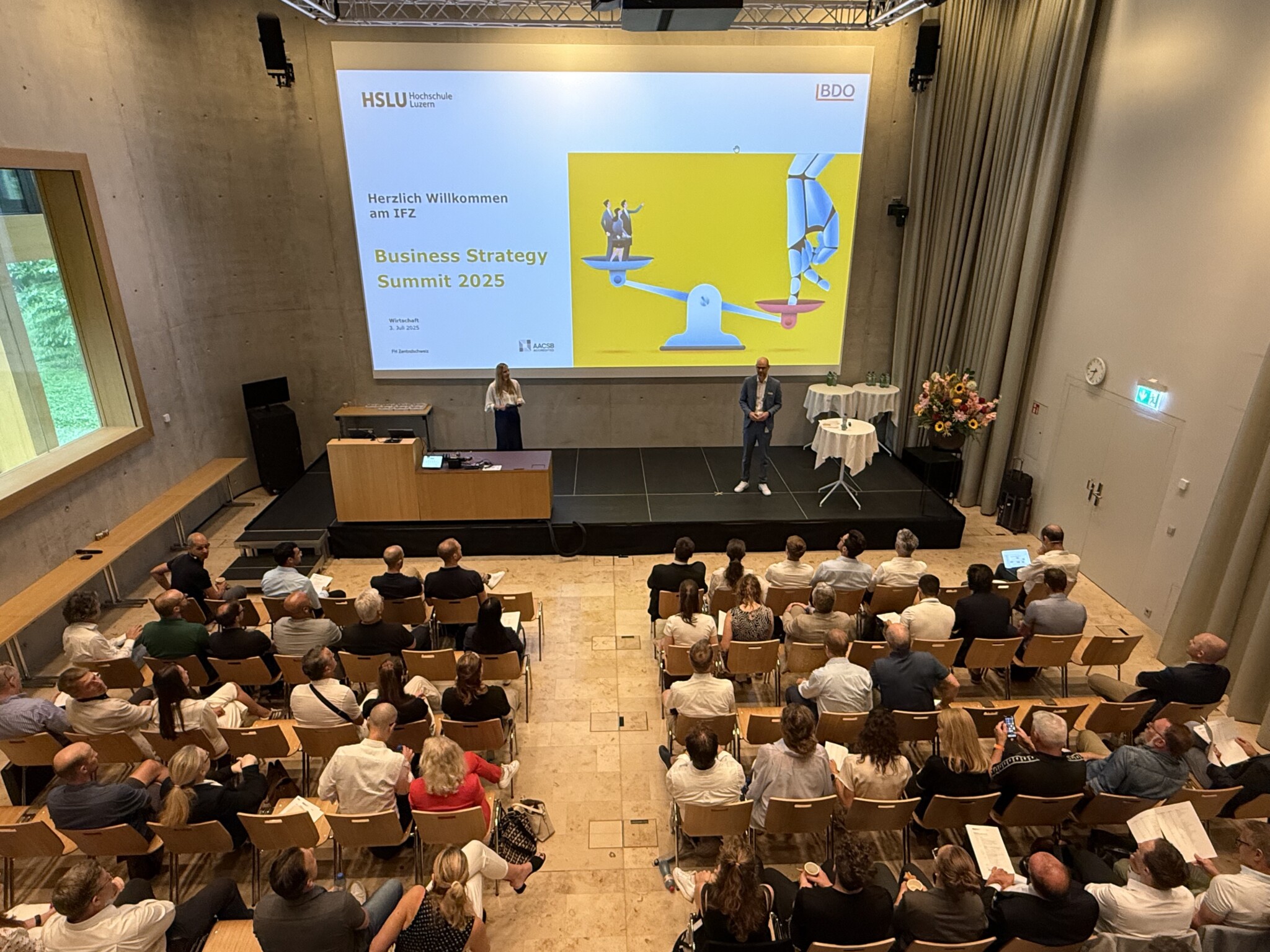19. April 2016
Die Effizienz der internen Kontrolle: Evidenz aus Schweizer Nicht-Finanzunternehmen

von Prof. Dr. Stefan Hunziker, Projektleiter und Dozent am Institut für Finanzdienstleistungen Zug IFZ
Die interne Kontrolle ermöglicht es Unternehmen, eine zuverlässige Berichterstattung zu gewährleisten, die relevanten Gesetze und Normen zu erfüllen und die Effizienz und Effektivität von Geschäftsprozessen zu gewährleisten. Zur Untersuchung der Effizienz der internen Kontrollen wurden aufgrund theoretischen Grundlagen und empirischer Evidenz vier Faktoren abgeleitet und konzeptualisiert. Im Ergebnis wurde festgestellt, dass hauptsächlich Design Parameter aus dem internen Umfeld des Unternehmens und eine reduzierte Komplexität der internen Kontrollstrukturen zu einer höheren Effizienz beitragen. Die Effizienz der internen Kontrolle selber ist stark von Kriterien wie der Zielerreichung, dem Input-Output Verhältnis der Koordinationseffizienz wie auch seinem Potential für organisatorische Flexibilität bestimmt.
Der Beitrag von Prof. Dr. Stefan Hunziker wurde im April 2016 (Volume 20, No. 1) im Journal of Management & Governance publiziert.
Efficiency of internal control: evidence from Swiss non-financial companies
Abstract Internal control enables companies to ensure a reliable reporting, to comply with relevant laws and standards and to ensure the efficiency and effectiveness of business processes. However, until now few empirical contributions conceptualizing and empirically investigating the efficiency of internal control have been published. This study addresses this research deficit and develops a theorybased and empirically validated efficiency construct of internal control. From a practical and scientific point of view, there is an interest to identify relevant factors that determine efficient internal control. Overall, four factors have been derived and conceptualized based on theoretical foundations and empirical evidence. By means of an extensive empirical survey of Swiss companies and subsequent structural equation modelling, numerous significant correlations between determinants of internal control efficiency and the efficiency construct have been identified. The empirical results fully confirmed the hypotheses of correlation. Thus, the findings contribute to the body of practical knowledge by deriving specific efficiency criteria and recommendations on the design of internal control to the management. In essence, design parameters from the company’s internal environment and a reduced complexity of internal control structures mainly contribute to efficiency. The efficiency of internal control itself is heavily determined by criteria of target achievement, input–output ratio, coordination efficiency as well as its potential for organizational flexibility.



Kommentare
0 Kommentare
Danke für Ihren Kommentar, wir prüfen dies gerne.